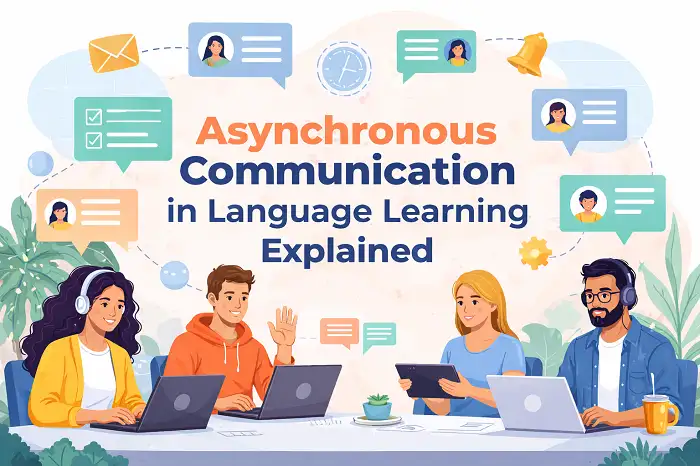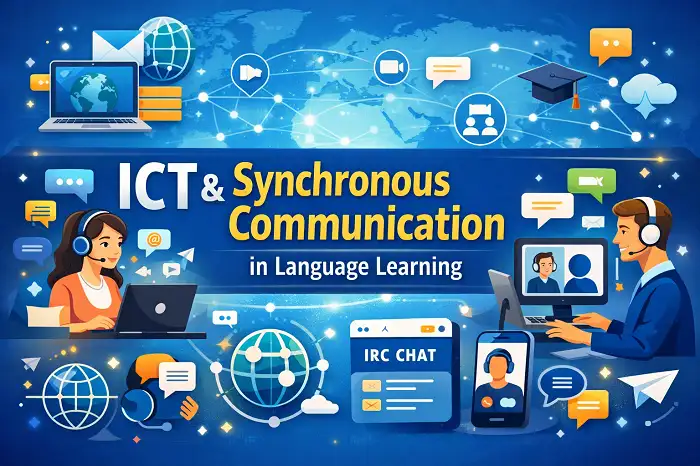Table of Contents
Good Language Learner
Good Language Learner
Early research on language learning strategies took the form of ‘good language learner studies’. One of the best-known and frequently cited of these studies is Naiman (1978, 1996). This was a double-barrelled study of highly successful adult L2 learners and adolescent classroom learners of L2 French, using intensive face-to-face interviews with the former and classroom observation with the learner. Naiman found that successful language learners use a mixture of analytic strategies for attending to form and experiential strategies for realising language as a means of communication.
There are five major aspects of successful language learning, as evidenced by the various studies (Ellis, 2008, p. 707):
- A concern for language form
- A concern for communication (functional practise)
- An active task approach
- An awareness of the learning process, and
- A capacity to use strategies flexibly in accordance with task requirements.
References
- Ellis, R. (2008). The study of second language acquisition. Oxford: Oxford University Press.



